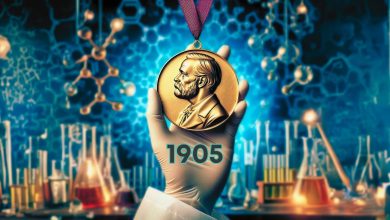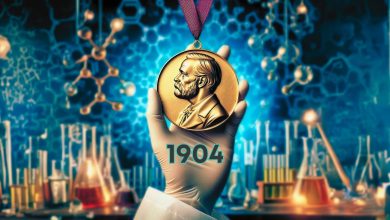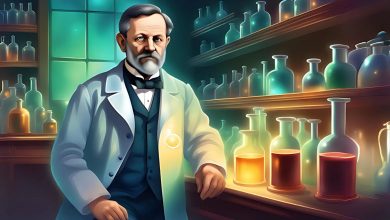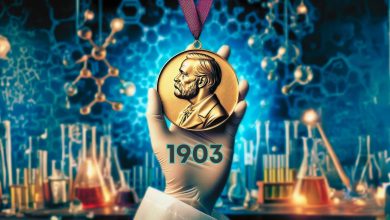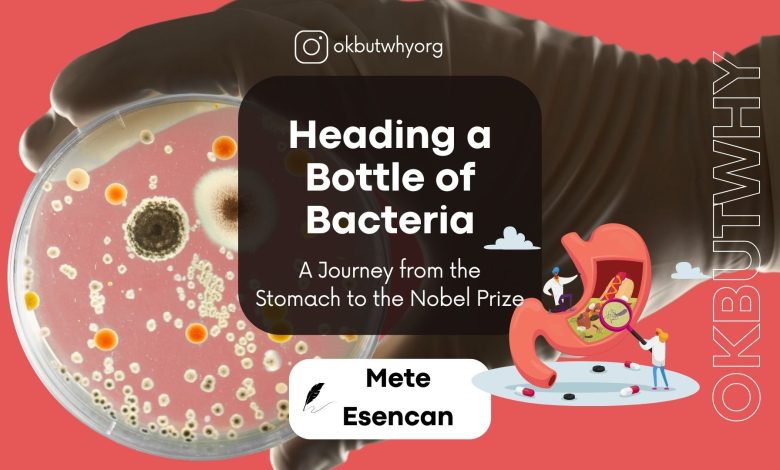
How far would you go to bring the idea you believe to life? Would you mind a bottle of bacteria that could make you sick or even kill you to prove your point? By doing just that, Dr. Barry Marshall proved his idea, and this daring experiment earned him the 2005 Nobel Prize in Physiology or Medicine.
Nightmare Diseases of a Period: Gastritis and Stomach Ulcer
Of course, these stomach diseases are still not at the top of the “favorite diseases” list. However, thanks to the developments of science, treating these diseases is getting easier. In the 1980s, there were people who lost their lives due to gastritis and ulcers. Before moving on to our story, let’s take a brief look at what gastritis and ulcers are.
Gastritis refers to inflammation in the lining of the stomach and is often caused by damage to the protective layer of the stomach wall. This protective layer protects the stomach by preventing stomach acid and digestive enzymes from damaging the stomach wall. However, in some cases, this protective layer is damaged, and gastritis occurs.
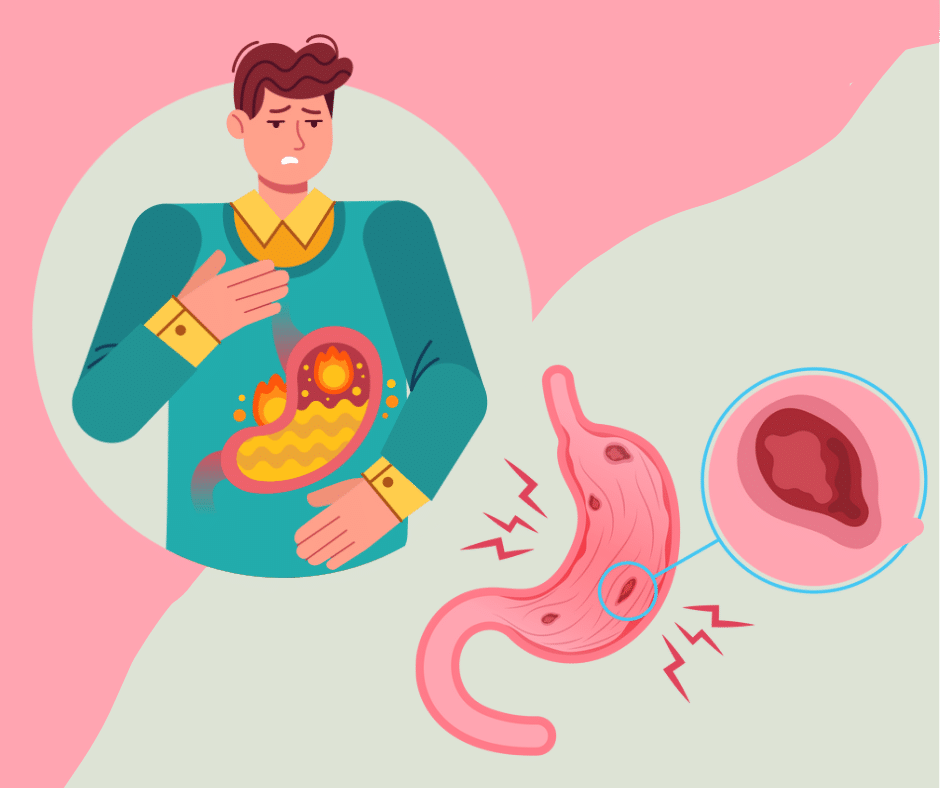
Ulcer refers to sores in organs in the digestive system, such as the stomach or duodenum. Ulcers can occur as a result of stomach acid breaking through the protective layer and causing sores on the stomach wall.
Both ulcer and gastritis symptoms can show similar symptoms, such as nausea, abdominal pain, indigestion, bloating, and loss of appetite.
So, what is the cause of gastritis and ulcers?
To find the solution, we need to learn the cause. But, how?
Dr. Robin Warren and Dr. Barry Marshall were conducting a research project at the Royal Perth Hospital in Perth, Australia, in the early 1980s. The purpose of this research was to find out the causes of gastric ulcers and gastritis diseases. However, at that time, factors such as stress and malnutrition were accepted as the cause of peptic ulcers and gastritis diseases.
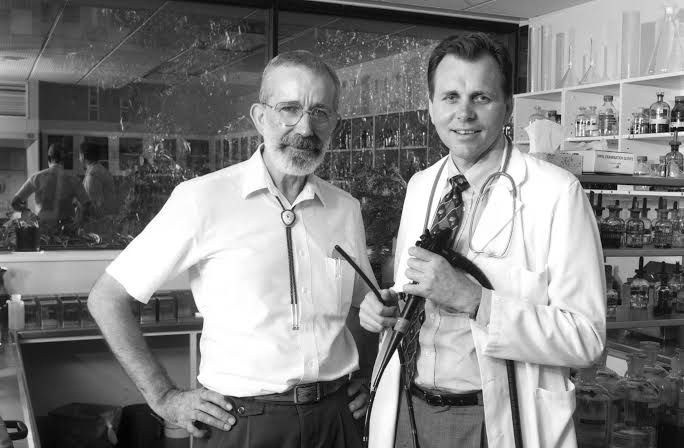
While studying bacteria from gastric biopsies, Dr. Warren identified one type of bacteria that belongs to the stomach. However, these findings were difficult to accept. Because, at that time, bacteria were not thought to settle in the stomach and cause diseases.
The fluid in our stomach is highly acidic (average pH = 1.5). It was predicted that this incredibly strong acid would kill any bacteria entering our bodies and protect us. For this reason, the possibility that bacteria were the cause of stomach diseases was not even considered.
Heading a Bottle of Bacteria: A Journey from the Stomach to the Nobel Prize
However, researchers in Australia, unlike other scientists, were suspicious of the involvement of the bacteria. Therefore, Dr. Warren and Dr. Marshall had to gather more evidence to get their findings accepted. For this, Dr. Marshall thought of a way to trigger an illness that gave him the symptoms of gastritis, such as nausea, vomiting, and weakness.
Dr. Marshall had no test animals. He also did not want to waste time getting approval from the ethics committee. He had made his decision. He made the move that would make his colleagues think he was crazy.
In the summer of 1984, he took some bacteria from a petri dish, mixed them with warm beef extract (the normal nutrient solution for bacteria in the lab), and poured little more than a glass into a beaker, and drank.
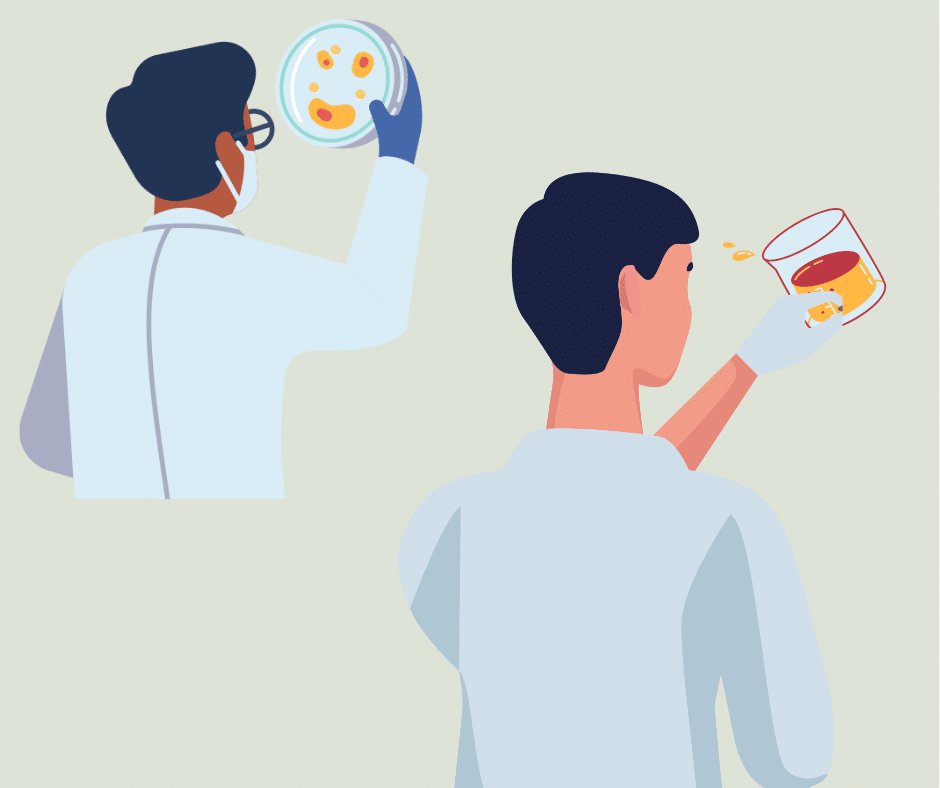
What happened then?
Three days later, Marshall felt nauseous, and his mother told him he had bad breath. Then he started vomiting. But he still waited a few days to take the antibiotics that were supposed to kill the bacteria in his stomach.
Dr. Marshall had an endoscopy done to examine his vomit, proving that bacteria settle in the stomach and cause illness.

This event marked a turning point in discovering the causes of stomach ulcers and gastritis. Warren and Marshall were awarded the 2005 Nobel Prize in Physiology or Medicine for their discovery of the bacterium Helicobacter pylori, the cause of gastritis.
Research indicates that the bacterium Helicobacter pylori is responsible for three out of four stomach ulcers, two-thirds of all stomach tumors, and nearly all duodenal tumors.
We can say that Dr. Marshall’s courage to drink bacteria was a very important step in the discovery of bacteria that cause stomach ulcers and gastritis diseases. Thanks to the risk he took to prove what he believed in, he solved the stomach ailments of millions of people.
Still, it’s a good idea to think before you try such things 🙂
References and Further Readings
Honey, G. (nd). It’s Time to Break Your Game About Stomach Complaints. It’s Time to Break Your Mind About Stomach Complaints – Part 1. Retrieved April 1, 2023, from http://www.goksinbalim.com.tr/makaleler/makaleler/mide-sikayetleri- Konusunda-ezbernizi-bozma-zamani-geldi-1-bolum
Charisius, H. (2014, July 5). When scientists experiment on themselves: H. pylori and ulcers. Scientific American Blog Network. Retrieved April 1, 2023, from https://blogs.scientificamerican.com/guest-blog/when-scientists-experiment-on-themselves-h-pylori-and-ulcers/
Marshall, B. (2008, November). Helicobacter pylori–a Nobel pursuit? Canadian journal of gastroenterology = Journal canadien de gastroenterologie. Retrieved April 1, 2023, from https://www.ncbi.nlm.nih.gov/pmc/articles/PMC2661189/
The nobel prize in physiology or medicine 2005. NobelPrize.org. (n.d.). Retrieved April 1, 2023, from https://www.nobelprize.org/prizes/medicine/2005/press-release/
Would you like to support us?
- For more detailed information, you can check our “Support Us!” page!



